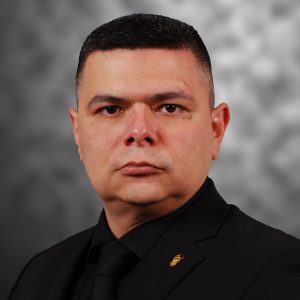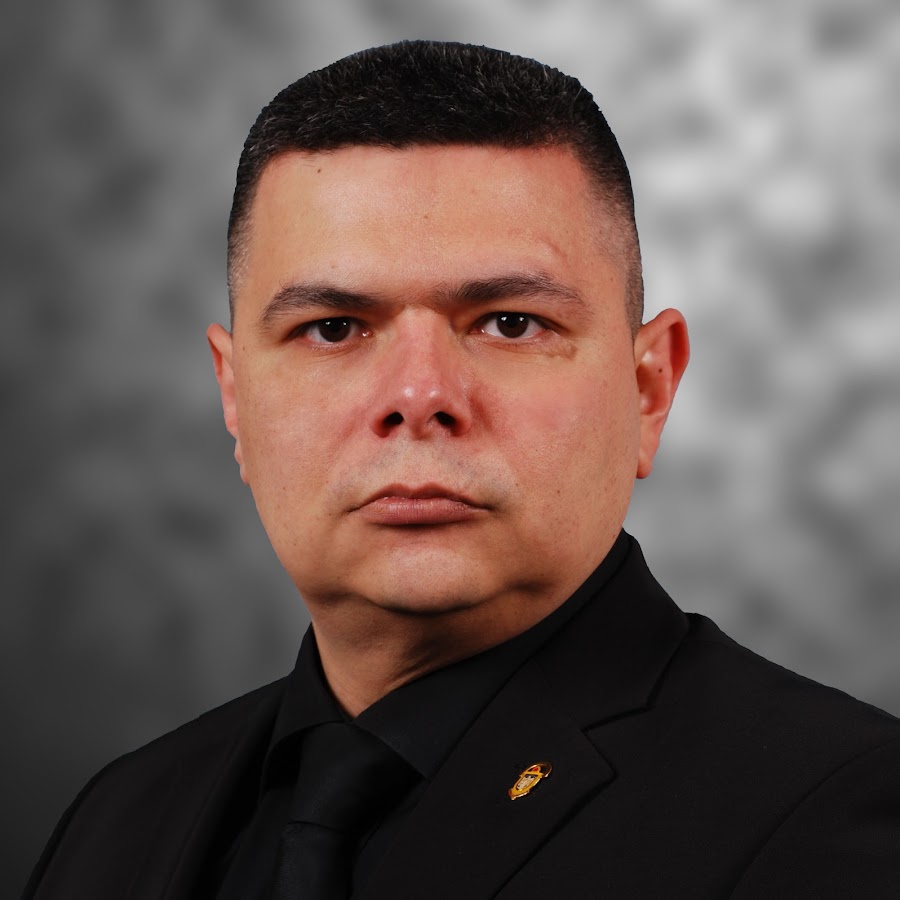“Understanding of Grid-Forming Control for Inverter-Based Resources: Theory and Practice”
Wednesday, Oct. 25 at 10:00am
Via IEEE.org
Register Now
Add to Calendar
| Sponsored by the IEEE Power & Energy Society—UF Chapter & the Cognition and Control in Complex Systems (CCC) Lab |
|
|---|---|
 |
 |
Abstract

The transition to a net-zero energy system requires a massive change in the way that electricity is produced, transported, and used; the power electronic converters are the core of this paradigm-shifting, and the control techniques used on them have a primary influence in the power system dynamic behavior. The most recent advances in more flexible commutation devices and sophisticated control mechanisms, together with appropriate practices and grid codes, are making the voltage source converter (VSC) interfaced technologies a precious component of the operation of modern and future power systems and paving the way to a secure transition to a zero-carbon society. The so-called grid forming control technique applied to the VSC of inverter-based resources emerged as a promising element to accelerate the growth to the net zero energy system. However, there are plenty of positions regarding the definitions of grid forming control and their types. The talk starts by presenting the main features of the synchronous machine and the services that the machine can naturally offer; then, the power electronic converter is introduced, showing the main features. Then, the functionality and services of grid forming are presented, and the most representative control techniques presented in the literature are presented. The talk shows some of the implementations of grid-forming control techniques using offline simulation (DIgSILENT PowerFactory) and then accurate time simulation (OPAL-RT and Typhoon HIL). The talk finishes by presenting the current specification of grid forming control shown in the grid code of Great Britain and the proposed aspects in Australia.
Biography
Dr. Francisco M. Gonzalez-Longatt is currently a senior lecturer in Electrical Power Systems at the Centre for Renewable Energy Systems Technology (CREST) at Loughborough University and invited professor in electrical power engineering at Institutt for elektro, IT og kybernetikk, Universitetet i Sørøst-Norge, Norway. He is the founder and leader of the DIgEnSys-Lab = Digital Energy Systems Laboratory and a global research initiative for digital energy systems.
His academic qualifications include first Class Electrical Engineering from Instituto Universitario Politécnico de la Fuerza Armada Nacional, Venezuela (1994), Master of Business Administration (Honors) from Universidad Bicentenaria de Aragua, Venezuela (1999), PhD in Electrical Power Engineering from the Universidad Central de Venezuela (2008) and Postgraduate Certificate in Higher Education Professional Practice from Coventry University (2013) and Diploma in Leadership and Management (ILM Level 3), Loughborough University (2018).
He is a former lecturer in electrical power systems at Wolfson School of Mechanical, Electrical and Manufacturing Engineering and a member of the Centre for Renewable Energy Systems Technology (CREST) at Loughborough University, UK. He is a former academic staff member of the Department of Aerospace, Electrical and Electronic Engineering at Coventry University, where he started as a lecturer in electrical engineering in 2012 and was promoted to senior lecturer in 2013. He was formerly with the School of Electrical and Electronic Engineering, The University of Manchester as a postdoctoral research associate (2009-2011). He is a former associate professor (1995- 2009) and Chair (1999-2001) of the Department of Electrical Engineering of Universidad Nacional Politécnico de la Fuerza Armada Nacional, Venezuela (1995-2009).

